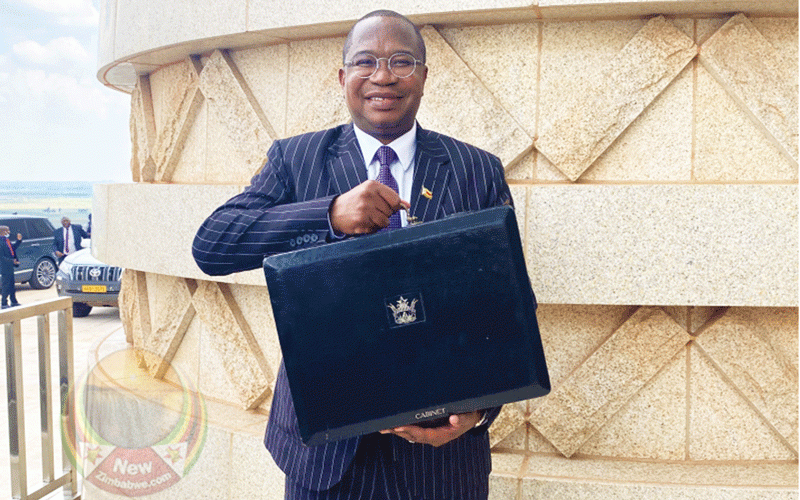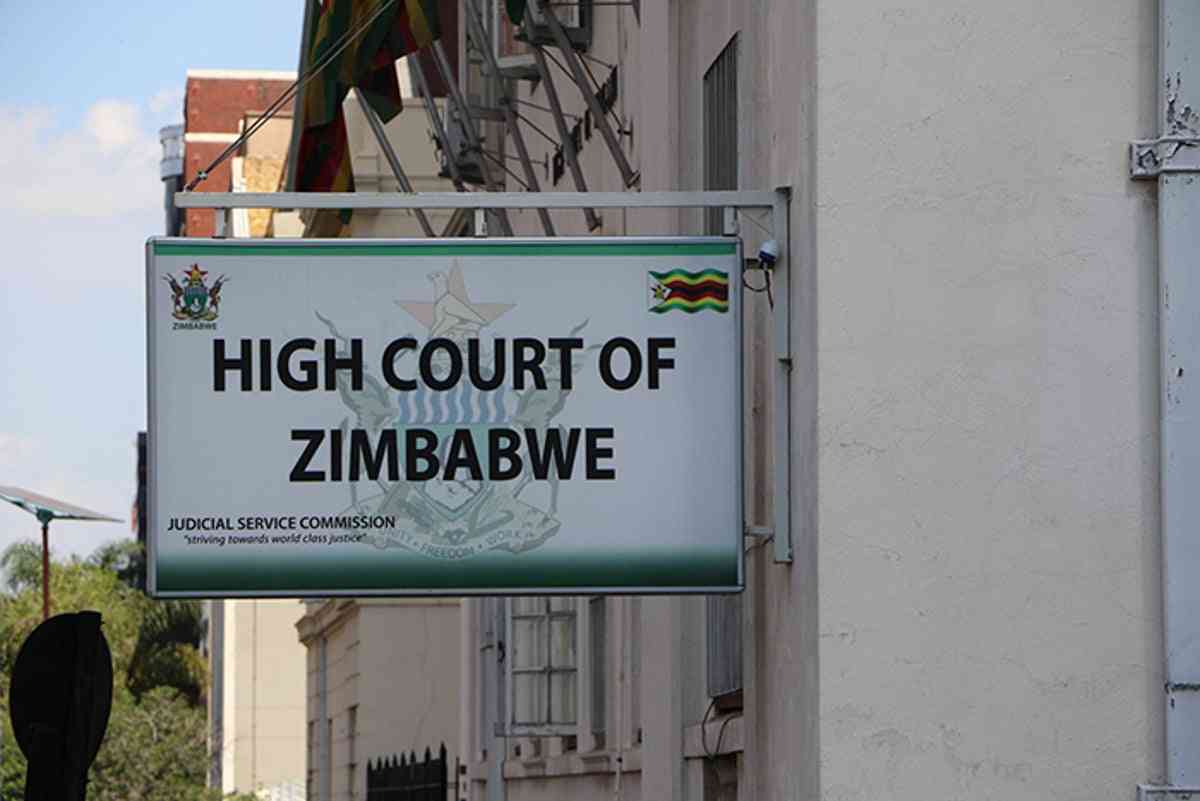PRESIDENT Emmerson Mnangagwa on Monday fired Higher and Tertiary Education deputy minister Simelisizwe Sibanda after the Bubi MP sank to a new low recently, calling for the transfer of a teacher with a Shona surname from a school in the area.
The sacking was long overdue following an outcry after the audio in which Sibanda was hectoring the headmaster to cause the transfer of the early childhood development teacher went viral.
The Progressive Teachers Union of Zimbabwe upped the ante, calling on Sibanda to apologise to the teacher and the nation.
There is no doubt that Sibanda crossed the line with his remarks.
What boggles the mind is how he stayed in the position for a week after making remarks likely to stoke tribal flames.
The spark to the sacking could have been his interview with a State-owned newspaper, where he was at pains to mend his tattered image, claiming he was enforcing government policy.
Keep Reading
- NoViolet Bulawayo’s new novel is an instant Zimbabwean classic
- Jah Prayzah, Zanu PF rekindles ‘lost love’
- Bank workers appeal to Ncube for tax relief
- Indosakusa marks 21-year anniversary milestone
There is no government policy which stokes tribal flames.
While the lawmaker could have had genuine concerns that the teacher would not succeed due to language barrier, the manner in which he raised the issue riled even neutrals.
There are channels that must be followed if a school wants a specific teacher.
A government official should know the channels to use to air grievances of the community and avoid playing to the gallery.
Embarrassing the teacher in public is tantamount to opening the floodgates of abuse on a professional merely doing her job in a country with a Constitution that recognises 16 languages.
For starters, the teacher did not deploy herself in that area.
Sibanda, who had gone to donate uniforms to primary schoolchildren when he met learners, teachers and parents, told the headmaster: “Make sure that by Monday, she is gone.”
As fate would have it, it was Sibanda who was gone by Monday as he got the sack.
The former deputy minister should take time to reflect on what went wrong.
This should be a lesson to all officials holding senior positions in government that there is no room for utterances that divide the nation along tribal lines.
Regionalism, tribalism or any ism which divides people on the basis of language or tribe is bad for a country that is aspiring to be an upper-middle-income economy by 2030.
The conversation now should be centred on how to build a better Zimbabwe that transcends tribal lenses.
Former emperor of Ethiopia, Haile Selassie, detested tribalism, arguing that it opened the way for foreign intervention.
“Above all, we must avoid the pitfalls of tribalism. If we are divided among ourselves on tribal lines, we open our doors to foreign intervention and its potentially harmful consequences,” he said.
Mnangagwa moved with speed to atone for the errors of his appointee by recalling the deputy minister.
The same agility should be used to tackle corruption that has reduced Zimbabwe to a crime scene.
Like tribalism, corruption must be uprooted from society for the good of citizens.





